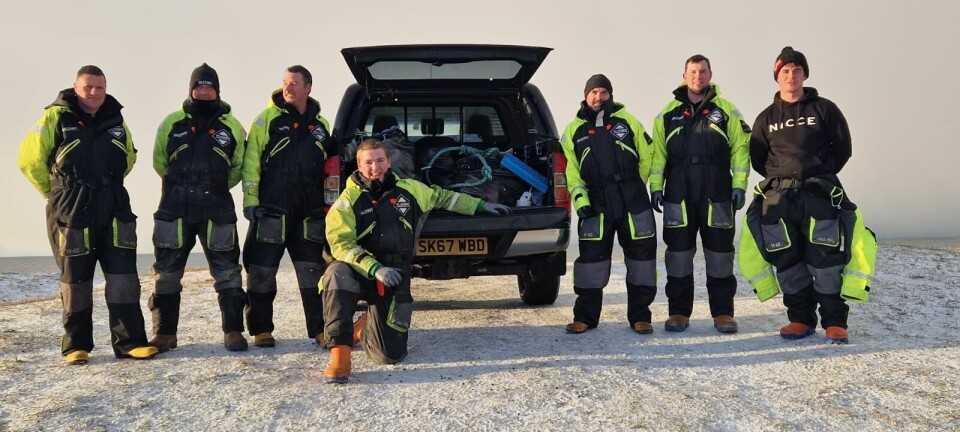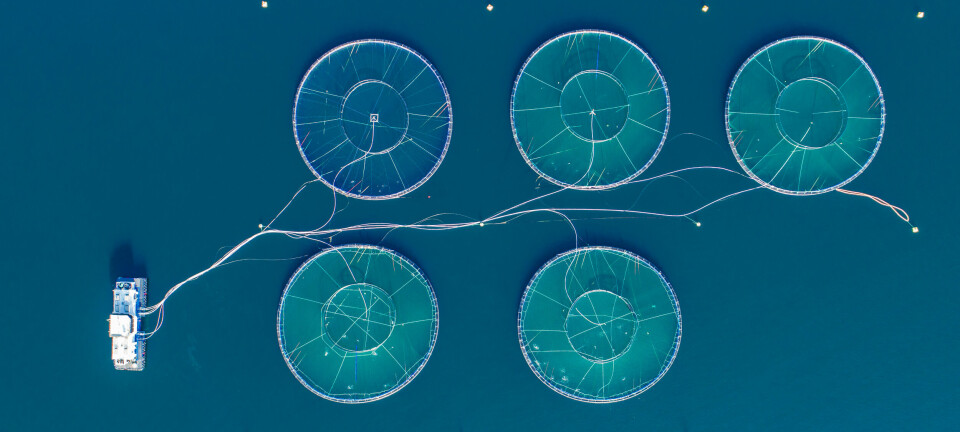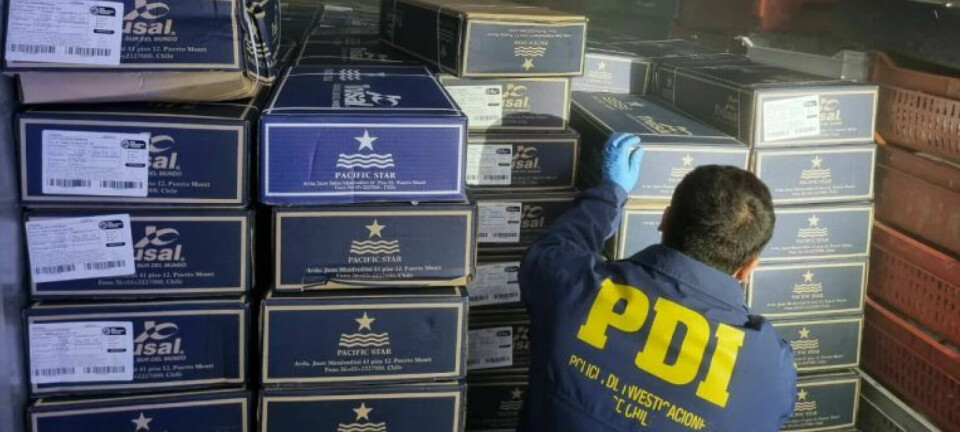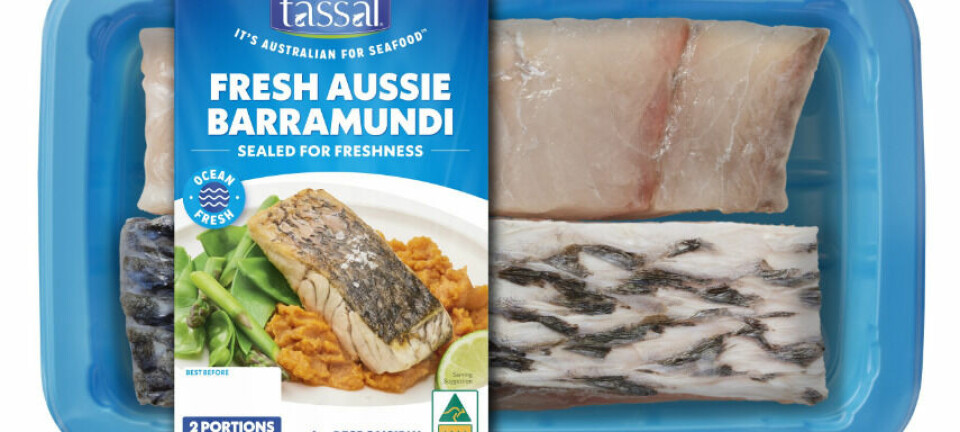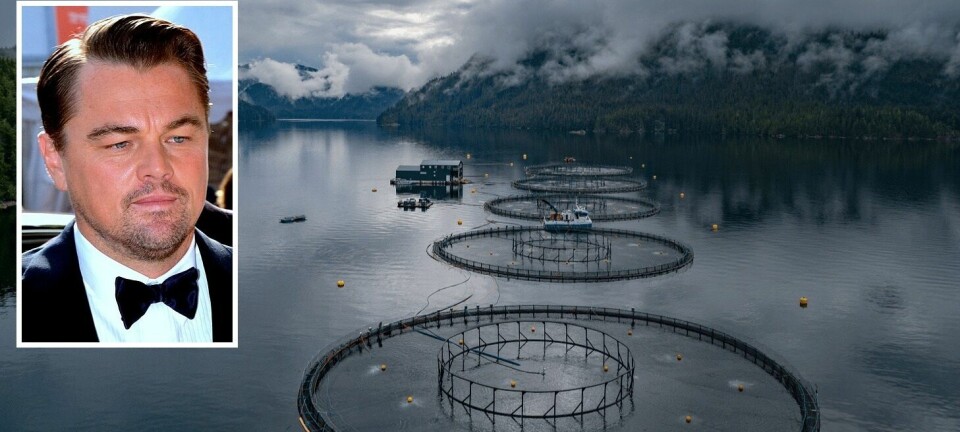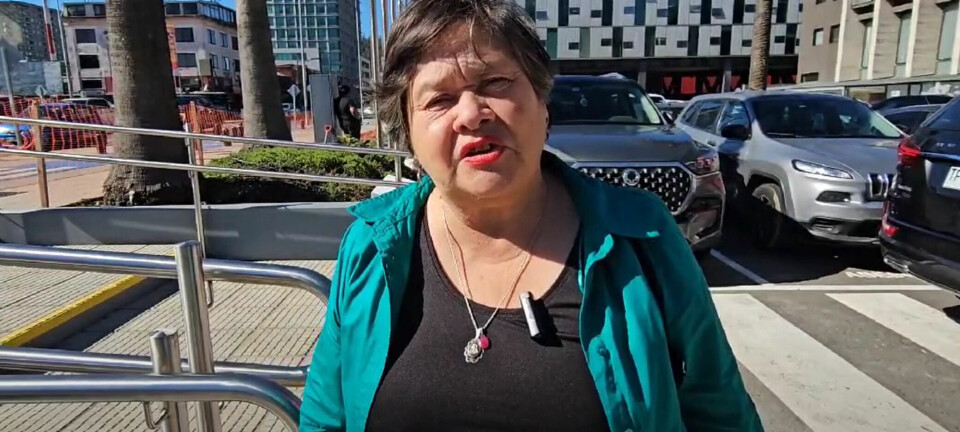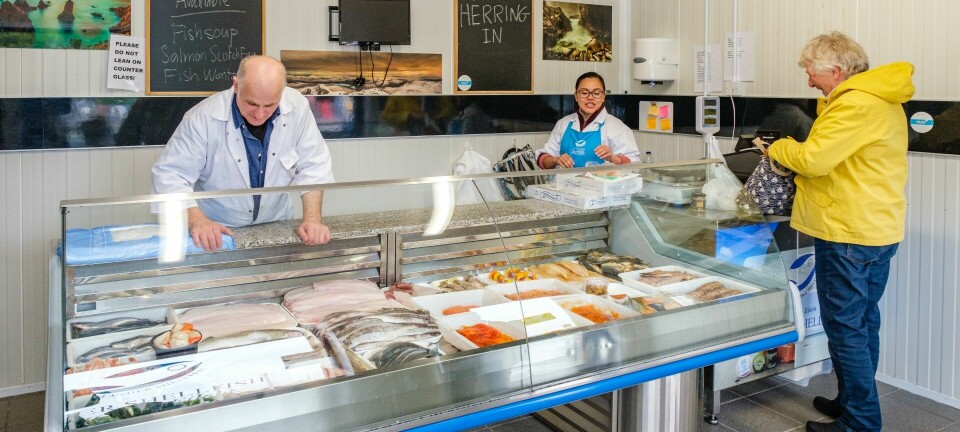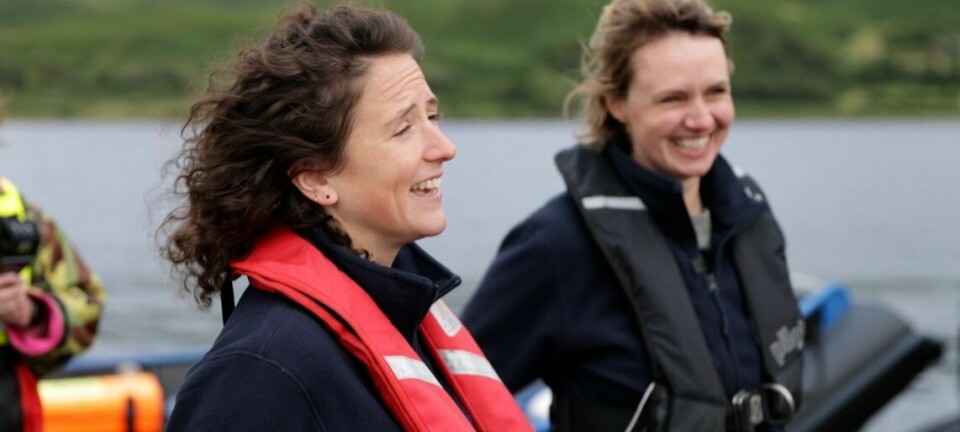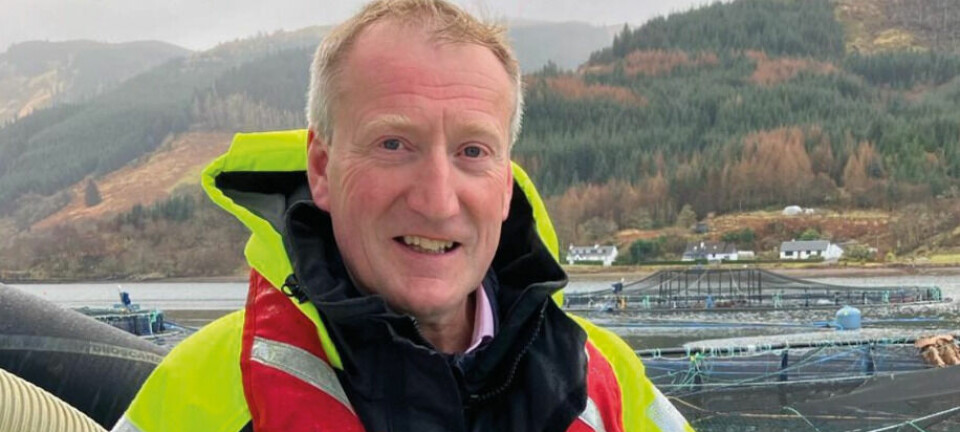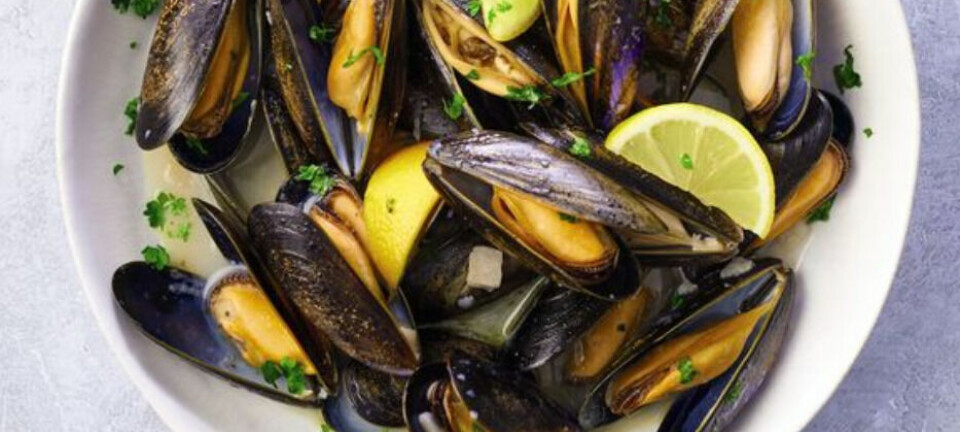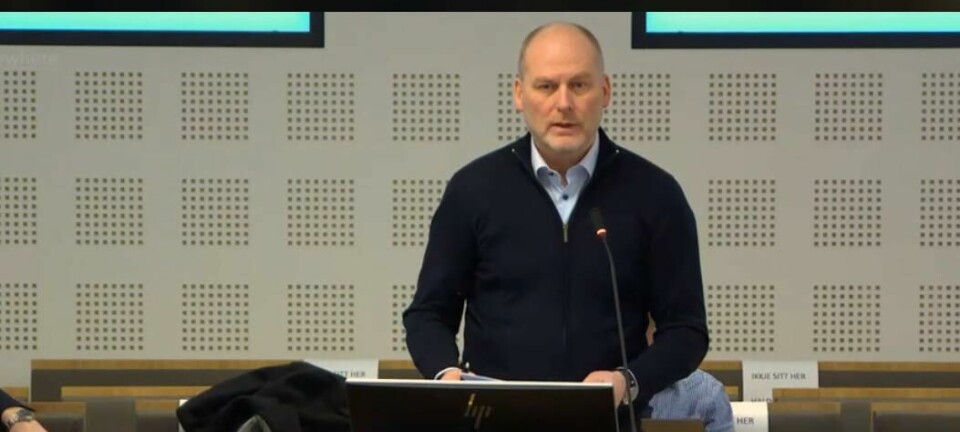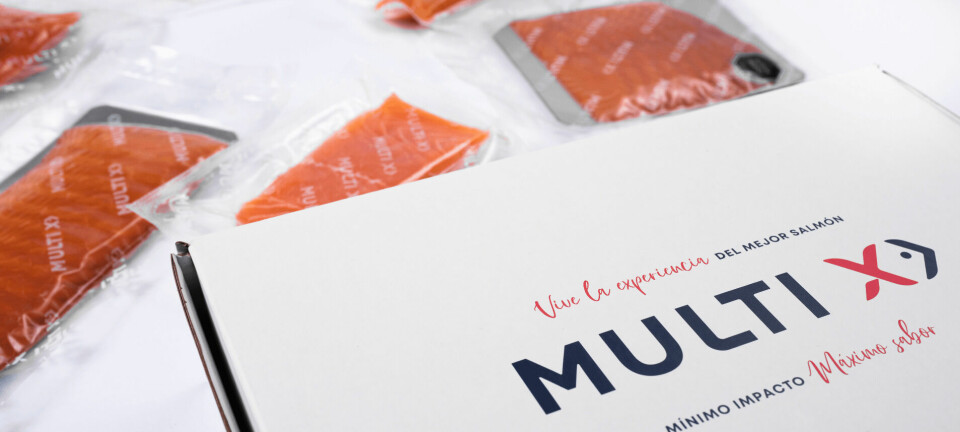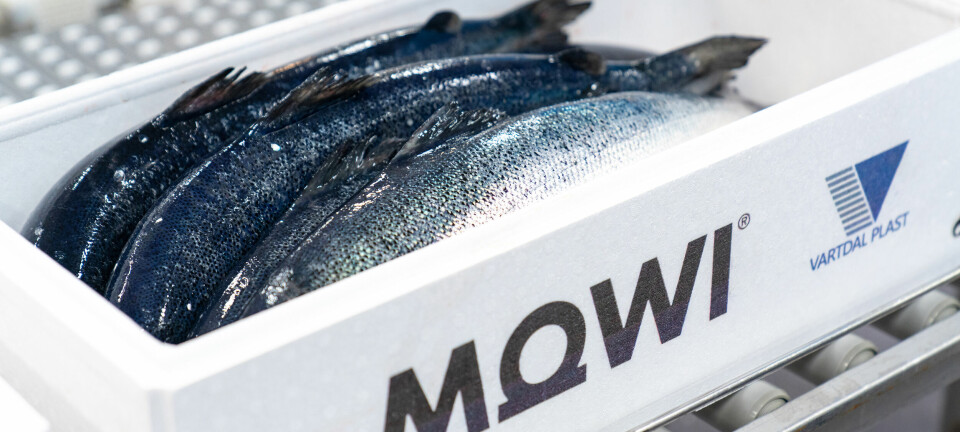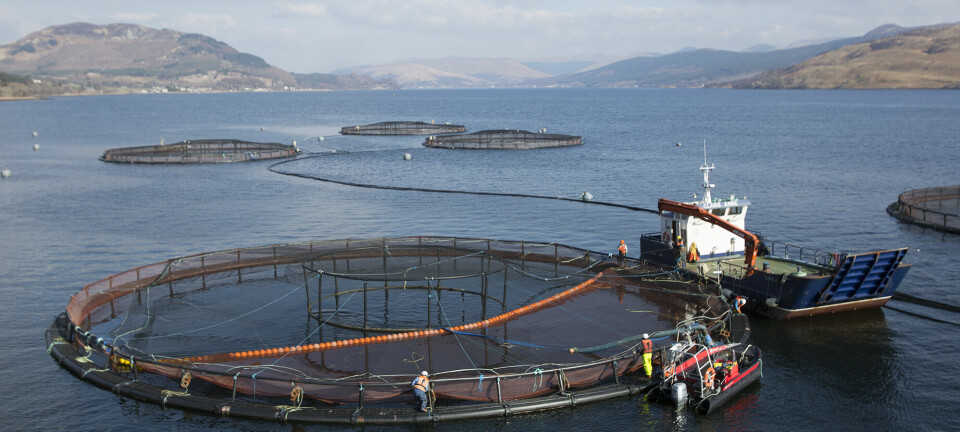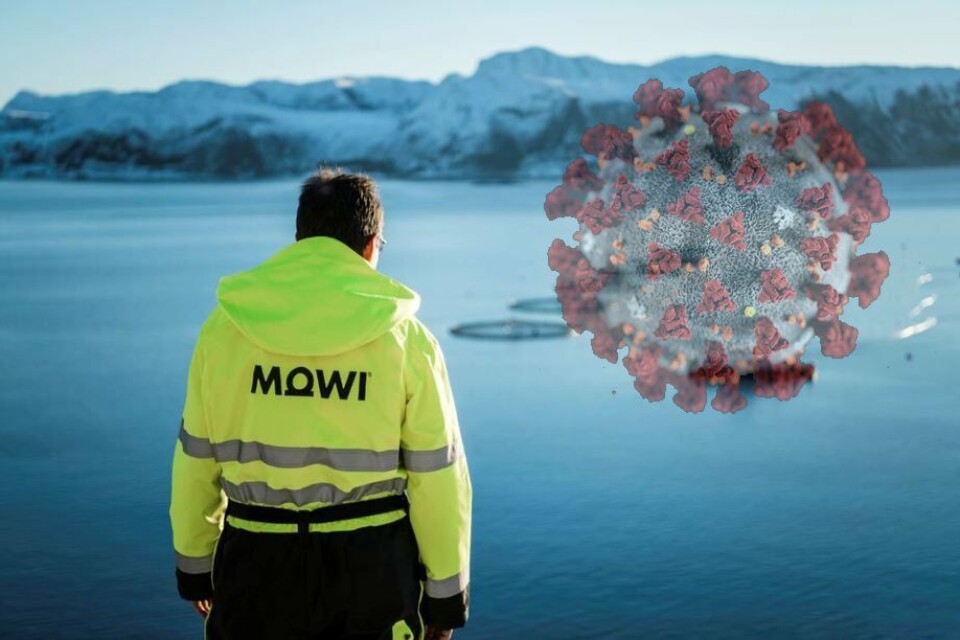
Up to 65,000 tonnes of Chilean salmon piling up in freezers, says Mowi
Between 55,000 and 65,000 tonnes of frozen Chilean salmon is now being stockpiled, according to an estimate by the world’s biggest salmon farmer, Mowi.
The estimate is contained in the company’s third-quarter report published last week.
Low prices meant that operating EBIT for Mowi Chile fell by half to €9.2 million in Q3 2020 compared to the same period the year before, despite both ex-cage costs and volumes improving.
21% price drop
Market information provider Urner Barry’s reference price for Chilean salmon decreased 21% in Q3 2020, with the average price per pound of fillet just $3.87 in the United States. Prices also plunged in markets such as Brazil and China.
The volume of Atlantic salmon harvested by Mowi Chile in the period was 16,544 gutted weight tonnes, an increase of 16% compared to 14,137 gwt in Q3 2019, while its total costs per kilo decreased 12% to $4.02.
Mowi reported that total demand is still affected by Covid-19, and that the excess of supply over consumption in Q3 amounted to 8,000 gwt, mainly related to the accumulation of inventories of frozen salmon in Chile.
Fewer smolts
According to Mowi, the total frozen inventories for the Chilean industry are estimated to be between 55,000 to 65,000 gwt of salmonids, due to lower demand. While the retail segment has experienced high growth rates, this it has been offset by lower food service activity.
Mowi reported that smolt population in Chile had fallen by 2% by the end of September this year and, in combination with the biomass structure, supply growth of Chilean is expected to decrease in 2021, which would improve prices.
Price achievement for Mowi Chile was above the reference price in Q3, thanks to the positive effects of contracts, which were partially offset by the degradation of the product due to sores related to salmon rickettsial septicaemia (SRS).
Higher antibiotic use
“Mortality caused by SRS continues to be a challenge in salmon farming in the country,” said Mowi. “In the third quarter of 2020, the mortality reported due to SRS was higher than in the comparable quarter of 2019.”
Partly as a result, Mowi used more antibiotics in Chile during Q3, with 252.1 grams per tonne of biomass. In Q3 2019, it used 157.5 grams per tonne.
Mowi said its costs in Chile costs “will increase somewhat in the fourth quarter of 2020, due to harvest in centres with a higher cost level”.





































